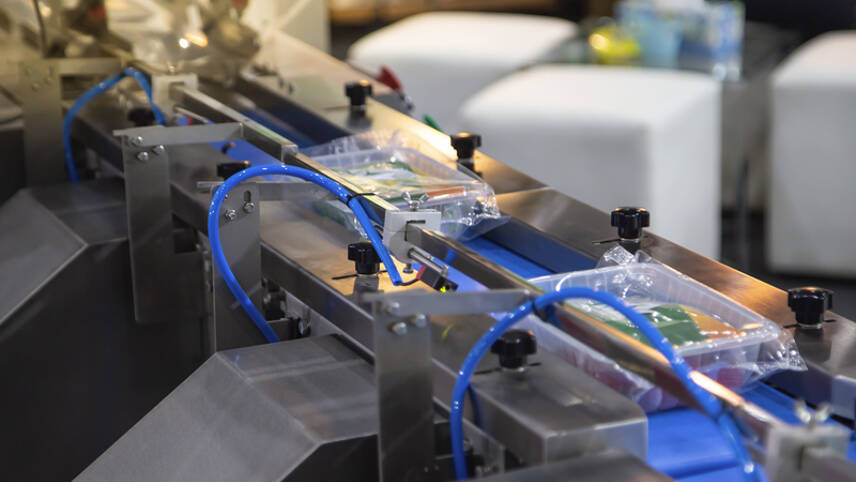Register for free and continue reading
Join our growing army of changemakers and get unlimited access to our premium content

Stock image
The figure is being presented to investors, suppliers and regulators today (12 October) by the Consumer Goods Forum’s (CGF) Coalition of Action on Plastic Waste. Signing the letter are Amcor, Barilla, Colgate-Palmolive, Danone, Ferrero, Haleon, Henkel, Mars, McCain, Mondelez International, PepsiCo and Unilever. The figure is based on the demand forecast of these firms plus dozens of others.
In signing the letter, the companies say their intention is to “express their common interest in the development of credible, safeand environmentally sound chemical recycling infrastructure put forward by the industry players in Europe.”
The letter continues: “By expressing their interest, the Parties wish to send a strong signal of support to society of the need for scale in plastics recycling infrastructure while meeting the necessary environmental and other safeguards laid out by the Parties.”
Traditional plastic recycling technologies have largely been mechanical, and the availability of chemically recycled plastic is low, globally, at present as many key chemical recycling technologies are not yet commercially mature. Firms including those in the FMCG sector have stated that new ways of recycling plastics will need to be scaled rapidly for them to deliver their commitments on increasing recycled content. Such commitments have become increasingly common through collaborative business initiatives.
To that end, the CGF’s Coalition moved in April to publish a ‘vision and principles’ paper, which sets out the requirements which plastic users would put on chemicals and packaging supplier companies around the performance and environmental sustainability of their recycled plastics. That paper stated that 60 to 70 new medium-sized chemical recycling plants will need to come online in Europe this decade to meet the FMCG industry’s growing purchasing demand alone.
The paper was published alongside a life-cycle assessment (LCA) of chemical recycling for food-grade films. Films and other flexible plastics are one of the key reasons for companies to back chemical recycling, as they are challenging to recycle mechanically. The LCA lays out how chemically recycling these films would be less carbon-intensive, across the life-cycle, than incinerating them to generate energy-from-waste.
Flexible packaging is used to house 68% of all products sold within the EU annually by volume and accounts for 44% of the bloc’s post-consumer packaging waste. Yet most EU households and businesses do not currently have access to flexible plastic recycling at kerbside, due to a lack of appropriate recycling infrastructure.


Please login or Register to leave a comment.